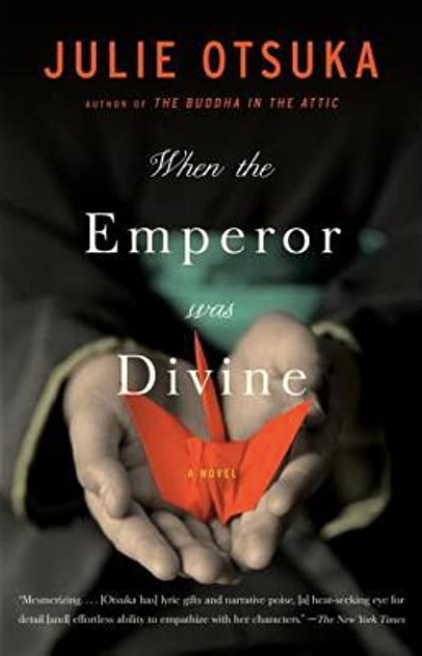
Raynor Library is celebrating Banned Books Week, which started Sept. 30 and ends this Saturday – an event “celebrating the freedom to read,” according to its website.
“Because we’re librarians, we want to show support … in creating awareness (of) censorship,” Emily Zegers, a digital projects technician for Raynor Memorial Libraries, said. “That’s what this week is about.”
Raynor Library has a display case set up on the second floor with a number of challenged books pulled straight from their shelves, along with an interactive display and whiteboards filled with students’ favorite books. In addition to this exhibit, there will be a screening of movie adaptions of challenged and banned books today at 1 p.m.. An unaffiliated event planned by Haggerty Art Museum had professors read excerpts of their favorite banned books to students Monday.
These events are part of the National Banned Books Week put on by the American Library Association, which was started in 1982 by Judith Krug, the association’s former director of its office of intellectual freedom. Krug started the event to fight to keep books available that had sensitive content despite the challenges of concerned citizens not wanting people to be exposed to the content.
“The events were created to make this an interactive experience for students,” Zegers said. “It’s one thing to tell somebody about it, but it’s another thing to have a conversation and participate. We all should have access — unrestricted access to information. This is a freedom of intellectual knowledge.”
Since 2000, the most challenged books have been the entire Harry Potter series, according to the ALA, which has been challenged for promoting witchcraft and violence. Captain Underpants, a series that was widely popular in the late 1990s and early 2000s, was number 13 on the ALA list for being anti-authority and anti-family.
“Kids should have the right to learn about every side of an issue,” said Courtney Wright, a sophomore in the College of Education, in an email. “Everyone is entitled to their own opinions, and they should be able to have an unbiased opinion fully informed about something.”
The Banned Books events are a part of the university’s “Freedom Project,” a yearlong project that examines freedom in the U.S. and how its meaning has evolved. The Freedom Project ties in to the sesquicentennial anniversary of the Civil War. According to the project’s website, the purpose “is to recognize that, although Americans have a unique relationship to the idea of ‘freedom,’ it is not, in fact, an absolute value, neither as it is defined nor as it is practiced.” The website goes on to say the project “embraces and seeks to explore the many meanings of freedom in the United States.”
Zegers echoed the description of the Freedom Project in discussing Banned Books Week.
“This is not just about banned books,” Zegers said. “This is about our first amendment rights and censorship in general. This university strives to look outside of its own box, and having that student awareness and engagement is very important.”




